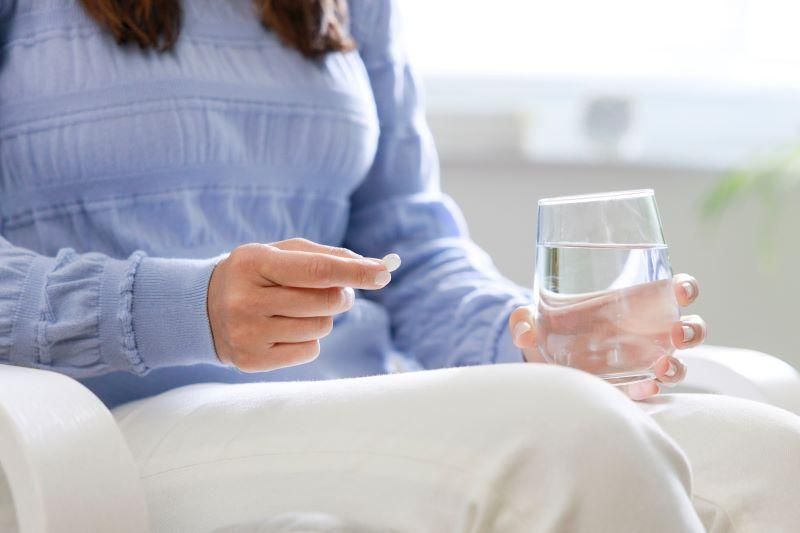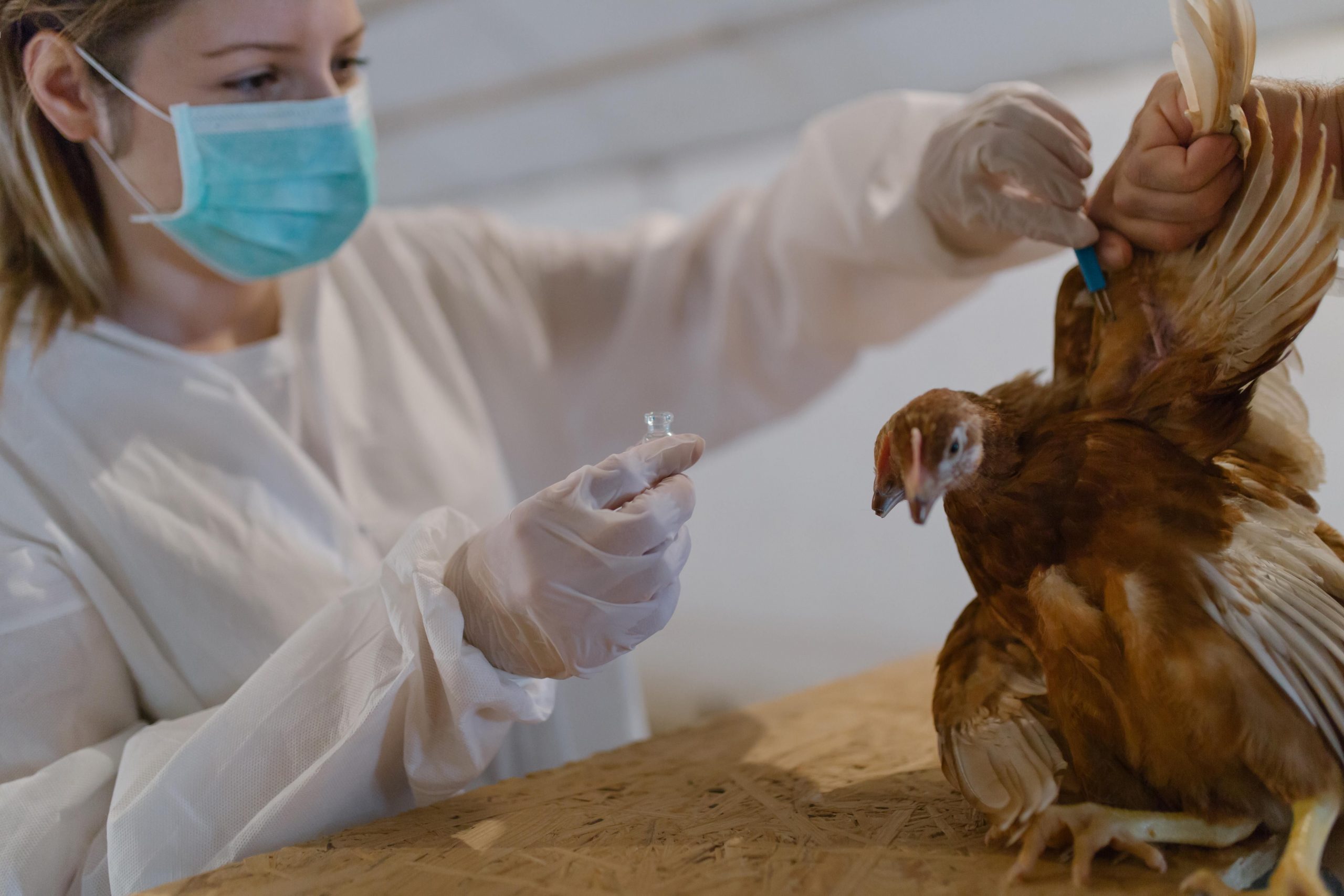
U.S. schools that have a lot of students with prescriptions for ADHD medication also tend to have a lot of students who misuse the drugs, a new study suggests. Researchers found that among nearly 3,300 U.S. middle schools and high schools, some had a serious problem with students misusing prescription stimulant medications. At certain schools,… read on > read on >






























